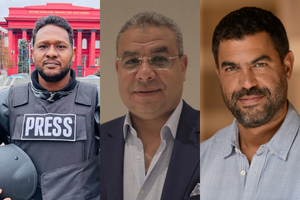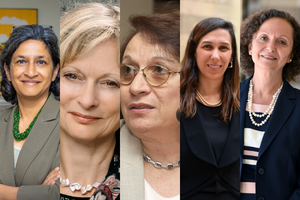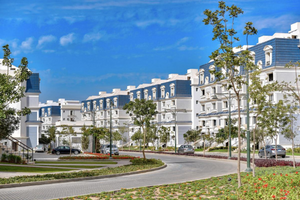
Reporting History: The War in Ukraine
The Russian invasion of Ukraine on 24 February 2022 has been the dominant global event of the past year. Its economic and geopolitical impact extends far beyond Eastern Europe and continues to affect countries all over the world. The media industry also found itself facing renewed questions about journalists’ safety and bias, government censorship and corporate ownership. In the fifth epis...








